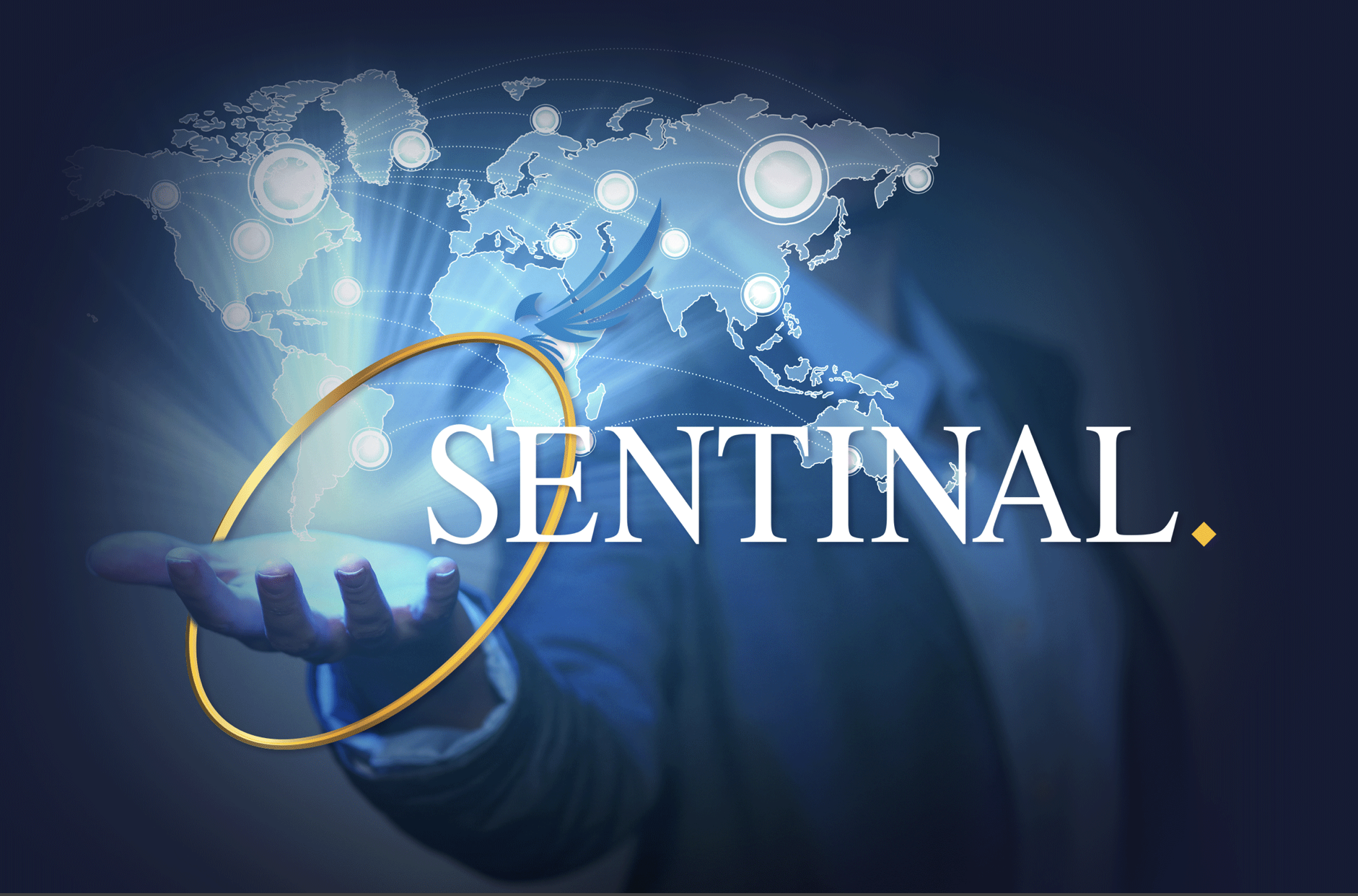The Federal Inland Revenue Service (“FIRS” or “the Service”), in its Public Notice of 26 October 2022, informed the Nigerian Public that it has now deployed a software called the Sentinal National Payment Gateway & Electronic Solution (“the Sentinal software”) for Real Time collection of taxes from Online Gaming Transactions in Nigeria. The Sentinal software is owned by e-Technologies Global Limited, a Fintech company based in the UK.
All online gaming merchants serving online games to Nigerian players, whether they are Nigerian companies (incorporated in Nigeria) or not, are expected to connect their online gaming platforms to the Sentinal software, not later than 31 December 2022, for compliance to tax in this regard or face sanctions in accordance with extant laws.
The work of the Sentinal software is to:
- Collect taxes at source from online gaming transactions on all gaming merchant platform serving players in Nigeria.
- Funnel all payments made on the merchant gaming platforms into one payment portal; separate them into three categories – taxes, merchant revenues and Sentinal software fees; and then settle each of the three beneficiaries as due.
- Monitor, identify and blacklist or block online operators that fail to comply with the new legislation from accessing any other customer payment options, therefore rendering them unable to trade (this is done on the request of the contracting government).
- Defeat all known payment processing workarounds employed by e-commerce merchants who try to circumvent the system.
While the FIRS is optimistic that the new system will serve two main good purposes: simplify tax compliance for companies engaged in online gaming activities (since tax deductions and remittance will now be automated) and increase tax revenues for the government through increased tax compliance, the Service is yet to clarify some impending challenges such as:
- The policy direction of this new initiative, particularly for the gaming industry.
- Details or the ramifications of online gaming activities covered by this directive. Online gaming in this regard, in our view, would include online lottery, sports betting, online casino, daily fantasy sports, online casino and perhaps mobile gaming through telecommunications/ Value Added Service operators and all gaming apps that serve players in Nigeria.
- Details of how the Sentinal will be connected to merchant gaming systems – this may become a huge challenge depending on the complexity or software interactions within the merchant gaming system. Also, would the Sentinal software complement or override the existing payment gateways already integrated by the merchants?
- Which party bears the cost of the integration of the Sentinal software? The gaming merchants, the government or the proprietors of the Sentinal?
- If the Sentinal software would serve as an additional gateway integration, how would the multiple payment gateway fees impact the gaming merchants’ revenues, or the industry, if the multiple fees are recharged to the gaming customers?
- It is not clear how many taxes or tax types, the Sentinal software would deduct at source, e.g. Value Added Tax (VAT), Withholding Tax (WHT) and /or full Income Tax on daily net gaming revenues (in accordance with the Casino Taxation Law), or on what tax base or at what rates.
- The new automation does not seem to take cognizance of the provisions of the existing tax laws (e.g., withholding tax deductibility for over the counter, real-time transactions and the Casino Taxation Act) and it is not clear on which extant laws the directive is based, according to the Public Notice.
- What thought is being given or has been given to disputes that may arise between the taxpayers and the FIRS in this regard?
- How does the FIRS intend to resolve disputes that may also arise with States granting gaming licenses to merchants and/or for taxes payable to the states, e.g., WHT on transactions with individuals.
The Sentinal software holds lofty promises of easing/ facilitating tax collection in the e-commerce space, an industry for which tax administration has become a source of concern or handicap for many governments, particularly in developing countries. Also, being a digital technology system means that it has the same scalability, speed and coverage as the e-commerce space. Further, it is being deployed to governments free of charge, making it hard to resist.
We would recommend however, that the FIRS take a more wholesome relook at the end-to-end workability of this new initiative, given the unique contexts of Nigeria’s business, technology and taxation landscapes. The policy direction and strategic objectives of this initiative must be well articulated, as well as any indirect or attendant costs to government and businesses in the gaming industry.
The analysis, views or information expressed above are our interpretation of the applicable laws and general practices. This article is also expected to provide a general guide to the reading public on the subject matter. Therefore, you should engage a professional services firm (www.vi-m.com) to review your specific circumstance and provide you a more detailed and tailored opinion as it affects your business operations or person.

